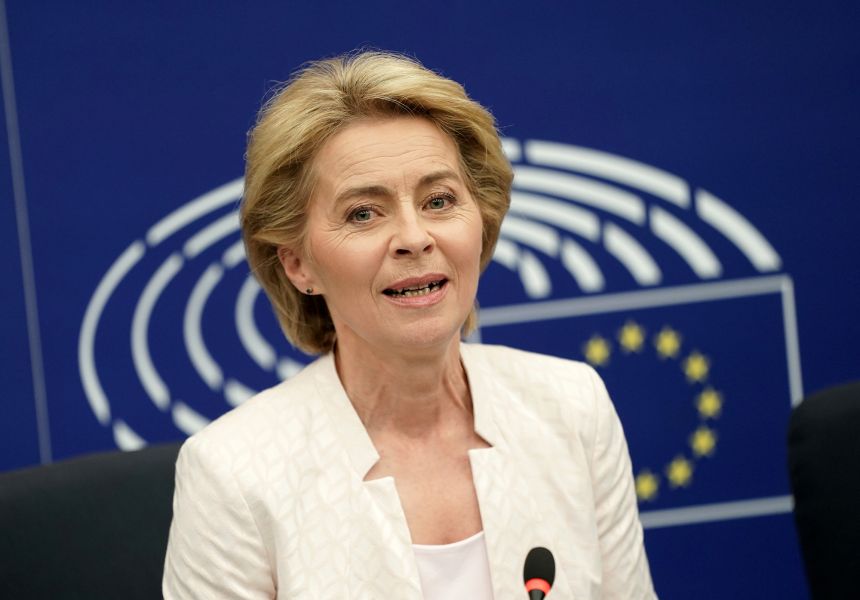Green Deal

Ursula von der Leyen
Do we, humans, want to continue living well and safely on this planet? Humanity faces an existential threat – the whole world is beginning to see. Forests burn from America to Australia. Deserts are advancing across Africa and Asia. Rising sea levels threaten our European cities as well as Pacific islands. Mankind has seen such phenomena before, but never at this speed. [PLACEHOLDER: REPs can replace one of these with a local climate issue – e.g. “Last year entire forests were destroyed by the fury of the winds in the Alps.”]
Science tells us that we can still stop this epidemic, but we are running out of time. The new European Commission is wasting no time. Today, less than two weeks into our mandate, we present our roadmap for a European Green Deal.
Our goal is to become the first climate-neutral continent by 2050, slowing down global warming and mitigating its effects. This is a task for our generation and the next, but change must begin right now – and we know we can do it.
The European Green Deal that we present today is Europe’s new growth strategy. It will cut emissions while also creating jobs and improving our quality of life.
It is the green thread that will run through all our policies – from transport to taxation, from food to farming, from industry to infrastructure. With our Green Deal we want to invest in clean energy and extend emission trading, but we will also boost the circular economy and preserve Europe’s biodiversity.
The European Green Deal is not just a necessity: it will be a driver of new economic opportunities. Many European firms are already going green. They are cutting their carbon footprint and discovering the clean technologies. They understand that there are planetary boundaries: European companies of all sizes understand that everyone has to take care of our common home. They also know that if they discover the sustainable solutions of tomorrow, this will give them first mover advantage.
What businesses and change-makers need from us is easy access to financing. To pull this off, we will deliver a Sustainable Europe Investment Plan. It will support one trillion euros of investment over the next decade. We will work hand in hand with the European Investment Bank, Europe’s climate bank.
Next March, we will propose the first-ever European Climate Law to chart the way ahead and make it irreversible: investors, innovators and entrepreneurs need clear rules to plan their long-term investments.
While we will promote transformation in how we produce and consume, live and work, we must also protect and accompany those who risk being hit harder by such change. This transition must work for all or it will not work at all. I will propose to set up a Just Transition Fund – and I want it to mobilise, together with the leverage of the European Investment Bank and private money, one hundred billion euros in investment over the next seven years. We will make sure that we help those European regions who will have to take a bigger step, so that we leave no one behind.
Across Europe, people young and old are not only asking for climate action. They are already changing their lifestyle: think of the commuters who take the bike or public transport, parents who choose reusable diapers, companies that renounce single-use plastics and bring sustainable alternatives to the market. Many of us are part of this European and global movement for climate. [PLACEHOLDER: REPs should add a positive local climate action initiative – e.g. a beach clean-up or a substantial rise in recycling figures.]
Nine European citizens out of ten ask for decisive climate action. Our children rely on us. Europeans want their Union to act at home and lead abroad. In these very days, the whole world has gathered in Madrid for the United Nations’ conference on climate, to discuss collective action against global warming.
The European Green Deal is Europe’s response to our people’s call. It is a deal by Europe, for Europe and a contribution for a better world. Every European can be part of the change
(The author is the President of the European Commission)